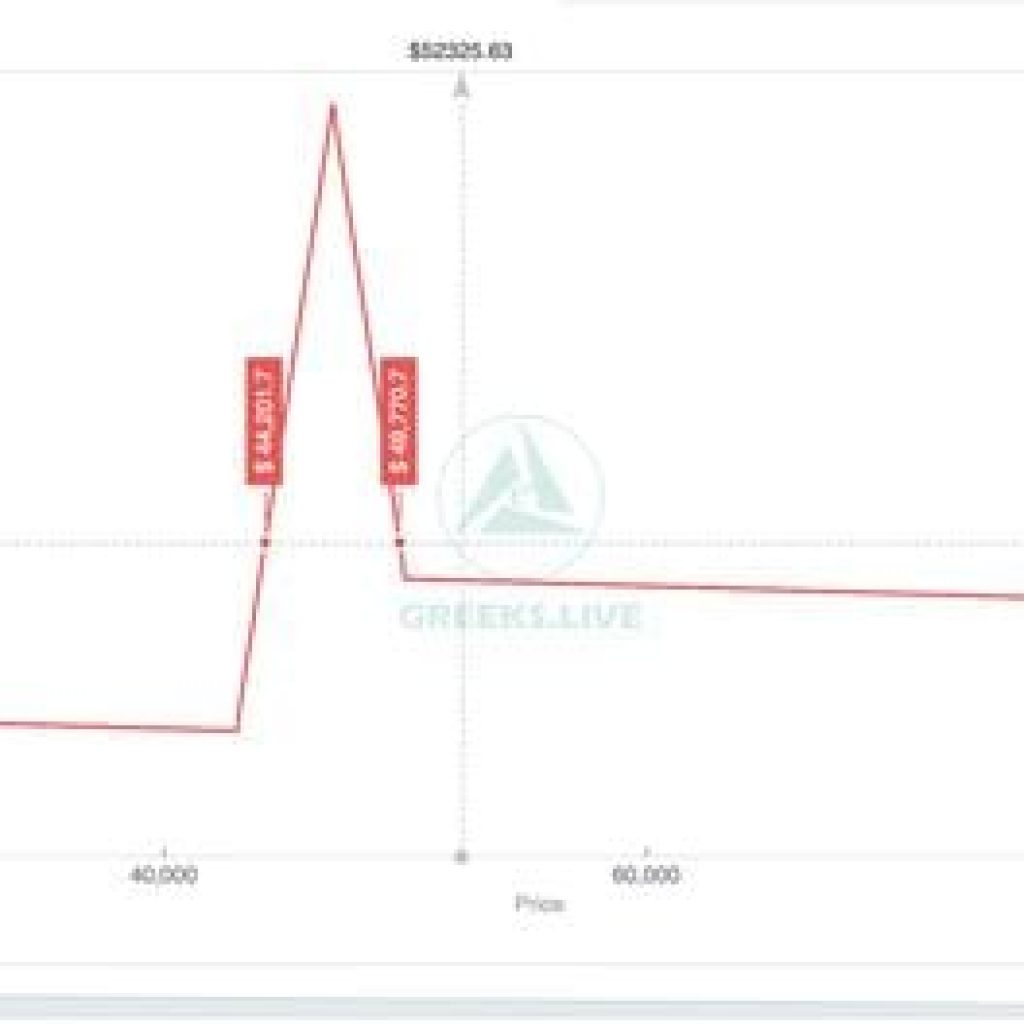The International Monetary Fund (IMF) has flagged the US fiscal deficit as a major threat to the global economy. The organization also shared concerns about escalating tensions in the Middle East, emphasizing the potential these situations have to destabilize international markets.
Fiscal Challenges and Global Impacts
According to the IMF’s Fiscal Monitor, the US is projected to see its fiscal deficit soar to 7.1 percent next year. This figure is notably three times higher than the average for other advanced economies, signaling a significant imbalance that could ripple across the globe.
In the same breath, the IMF highlighted issues in China, where the government is grappling with a dual threat of weakening demand and an ongoing housing crisis. These economic challenges are not limited to the US and China; the UK and Italy are also on the hot seat to correct their spending and revenue discrepancies.
Investor anxiety is mounting with 2025 on the horizon, potentially a big year for US fiscal policies. Political figures in the US are stoking these concerns, with Donald Trump indicating he would make his 2017 tax cuts permanent if reelected, while current Democratic policies have been criticized for excessive spending on healthcare and social security.
The IMF’s World Economic Outlook presented the US as a crucial driver of global economic growth for this year, estimating a 2.7 percent growth rate — twice that of any other G7 nation. Despite this positive outlook, the IMF cautioned about persistent inflation that could hinder the Federal Reserve’s ability to lower interest rates, a situation acknowledged by Fed chair Jay Powell.
Recent retail sales spikes suggest the Fed might scale back on rate reductions, which has sent shockwaves through global financial markets, leading to significant losses in European stock indices.
Middle East Tensions and Economic Fallout
The Vix index, often referred to as Wall Street’s “fear gauge,” has surged to levels not seen since the Hamas-triggered conflict in Gaza, signaling growing market apprehension about the stability in the Middle East. The IMF warned that the conflict between Israel and Hamas could have enduring effects on the economy of the Middle East and North Africa, with Gaza’s economy described as “wiped out” and significant impacts also felt in the West Bank.
For 2024, the IMF expects the growth rate in the Middle East and North Africa, including Pakistan, to slow to 2.6 percent, a decrease from the previous forecast of 3.3 percent. The ongoing political turmoil has injected a high level of uncertainty into these markets.
The October 7 attack by Hamas and subsequent military responses have resulted in thousands of casualties and have exacerbated regional instability. This turmoil has spilled over into the broader region, with Iran conducting its first direct attack on Israel in retaliation for an Israeli airstrike, further straining regional tensions.
The tourism sector in the Levant has taken a severe hit, with significant cancellations reported in Jordan and Lebanon. Moreover, Houthi rebel activities in the Red Sea have disrupted key maritime trade routes, drastically reducing traffic through the Suez Canal and quadrupling shipping costs from China to the Mediterranean.
The economies of Jordan and Egypt have shown resilience, supported by IMF financial aid, contrasting sharply with the economic situation in Lebanon. Wealthier Gulf states, like Saudi Arabia and the UAE, have managed better due to their diversified income sources and controlled oil production, though they still face slowed economic growth.
Jihad Azour of the IMF’s Middle East and Central Asia department highlighted that the erosion of stability poses a serious risk to the region’s medium-term economic outlook, citing prolonged trade disruptions as a major concern. He pointed out that unemployment rates among the youth are alarmingly high, with overall growth trailing historical averages.
The ongoing conflicts, compounded by the COVID-19 pandemic and other global crises, have hindered the economic recovery in the Middle East, with last year’s growth stalling at 1.6 percent. Kristalina Georgieva of the IMF noted that the dire situations in Sudan and Yemen, made worse by global conflicts like those in Ukraine and Gaza, continue to demand all the international support and attention it can get.






